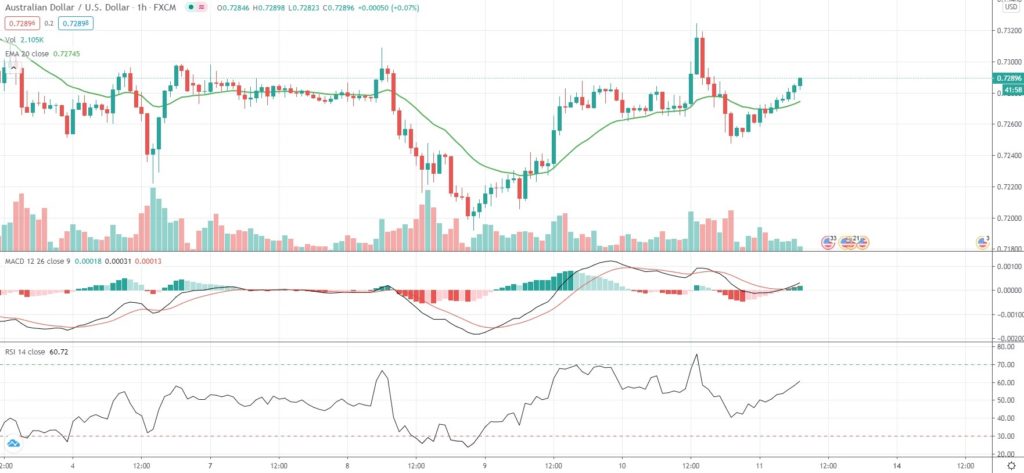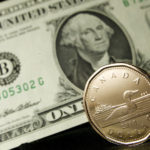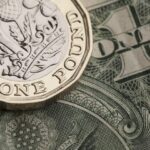AUD/USD edged higher on Friday, but looked set for a flat weekly performance, as investor risk sentiment took a hit, sending equities lower and supporting the US Dollar.
Volatility returned to equity markets and some notable wobbles were observed in tech stocks, as market players reassessed their high valuations amid an environment marked by sluggish economic recovery.
“It’s exhaustion today,” Rodrigo Catril, senior currency strategist at National Australia Bank, said.
“We think that in this sort of environment of uncertainty its difficult to see the equity market continue to perform. A period of turbulence seems more likely, and in that scenario the dollar tends to find support, or at least struggles to weaken.”
Against a basket of six major peers, the greenback was slightly weaker in early European session on Friday, following Thursday’s volatile US trade. Still, the dollar was set to register its first back-to-back weekly gains since May.
In terms of macro data, Aussie traders will be expecting a key report on employment for August, scheduled for release next week, which will reflect the effects of sterner coronavirus-related mobility restrictions in the state of Victoria. The median analyst estimate points to a drop in Australia’s employment by 50,000 last month and a surge in the nation’s unemployment rate to 7.7%.
“The surge of COVID-19 cases in Victoria and resultant restrictions carry real concern for domestic growth,” ANZ analysts wrote in an investor note.
“Medium-term prospects are likely to hinge on how fast global activity can resume and how well economies cope with surges in case numbers.”
As of 7:16 GMT on Friday AUD/USD was edging up 0.39% to trade at 0.7286, while moving within a daily range of 0.7252-0.7289. The major pair has retreated 1.17% so far in September, following five consecutive months of gains. Year-to-date, AUD/USD has risen 3.89%.
On today’s economic calendar, at 12:30 GMT the Bureau of Labor Statistics is to report on US consumer prices. The annualized consumer inflation in the country probably accelerated to 1.2% in August, according to market expectations, from 1.0% in July. The latter has been the highest annual inflation since March, as a drop in energy prices eased.
The annualized core consumer inflation, which is stripped of prices of food and energy, is expected to remain stable at 1.6% in August, which has been the highest rate since March.
Bond Yield Spread
The spread between 2-year Australian and 2-year US bond yields, which reflects the flow of funds in a short term, equaled 9.4 basis points (0.094%) as of 6:15 GMT on Friday, down from 9.9 basis points on September 10th.
Daily Pivot Levels (traditional method of calculation)
Central Pivot – 0.7277
R1 – 0.7306
R2 – 0.7354
R3 – 0.7383
R4 – 0.7412
S1 – 0.7229
S2 – 0.7200
S3 – 0.7151
S4 – 0.7103






